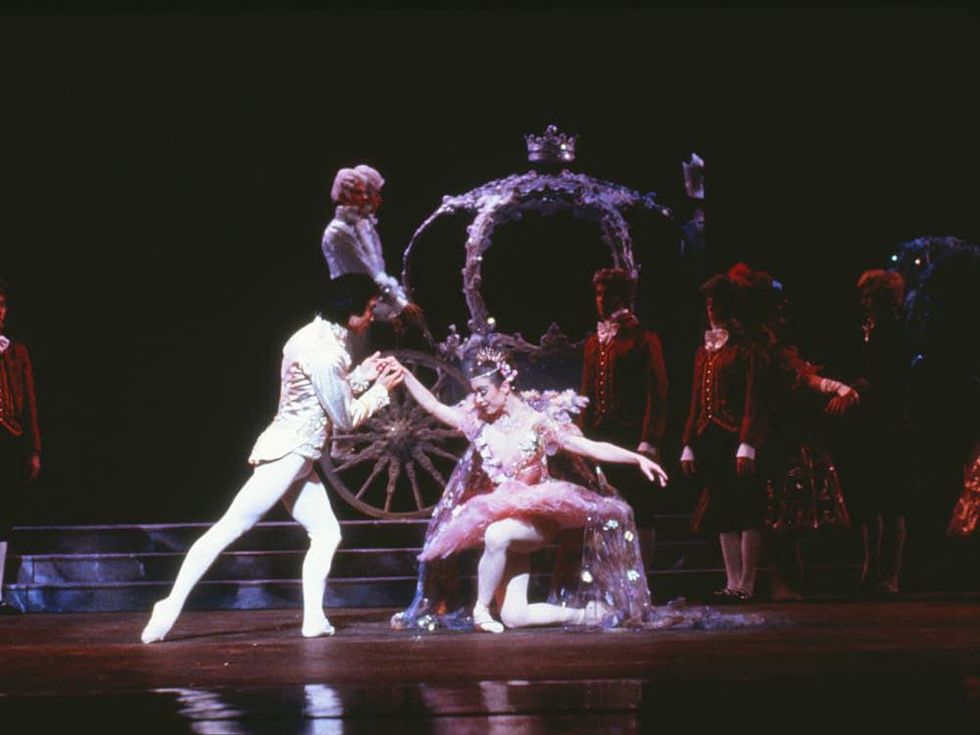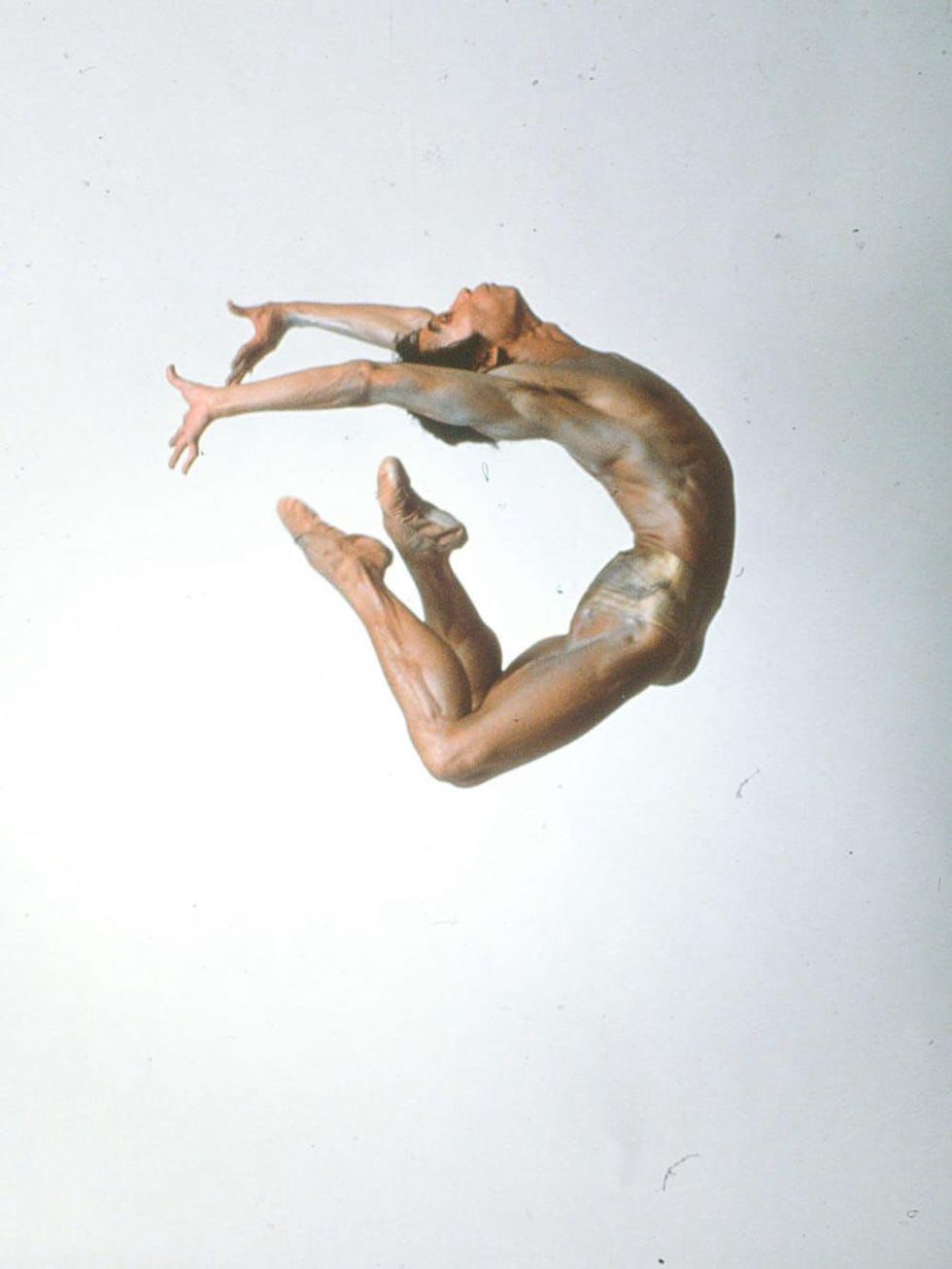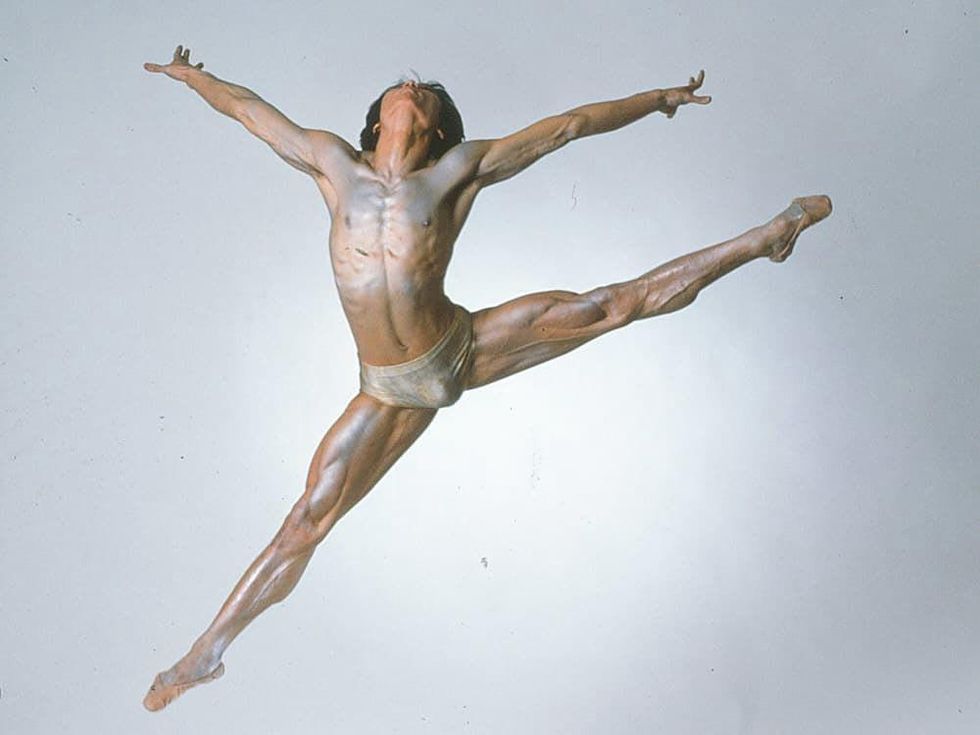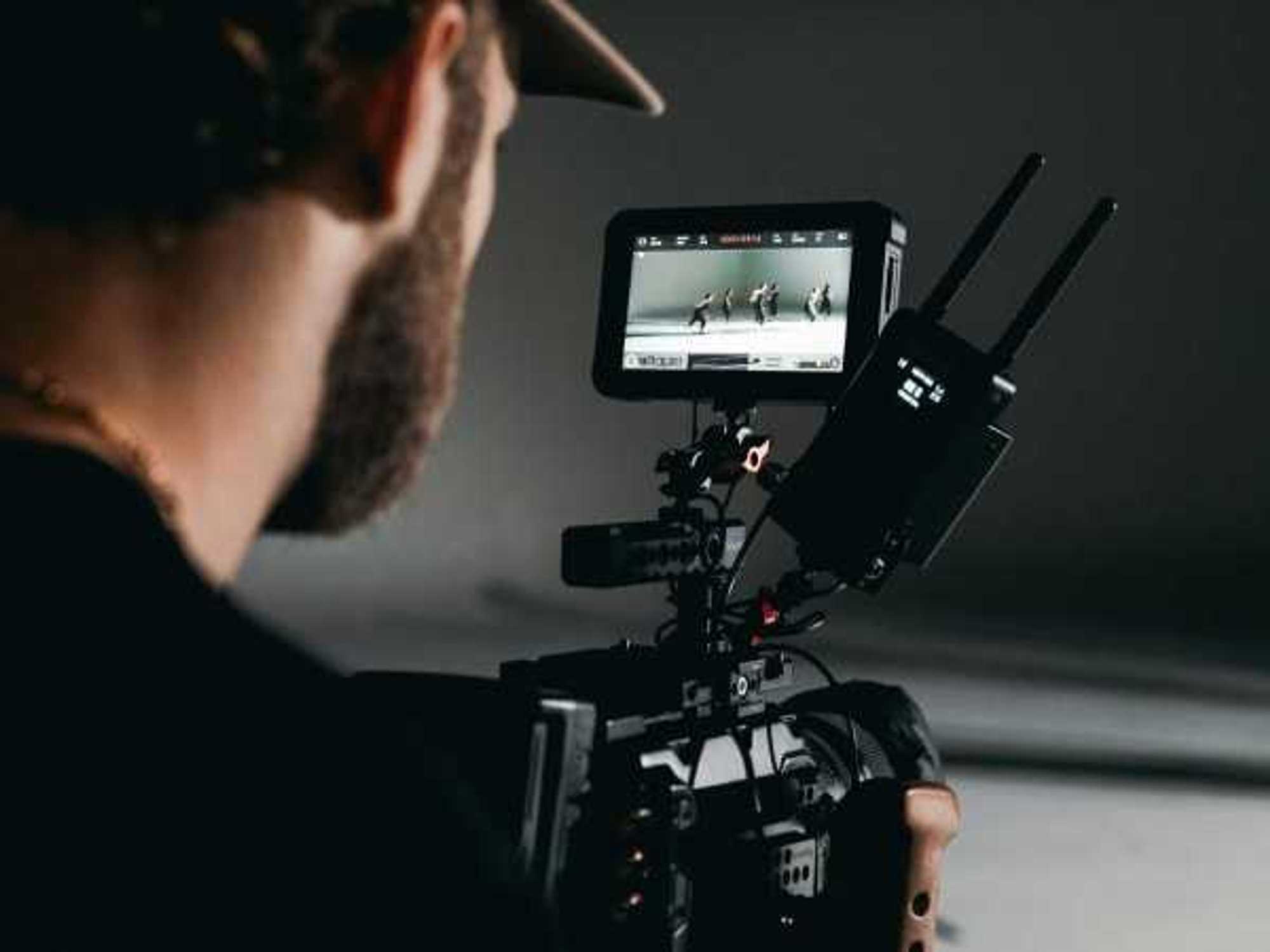From China to Houston Ballet
It's a wonderful life: Mao's Last Dancer Li Cunxin reflects on his amazing journey
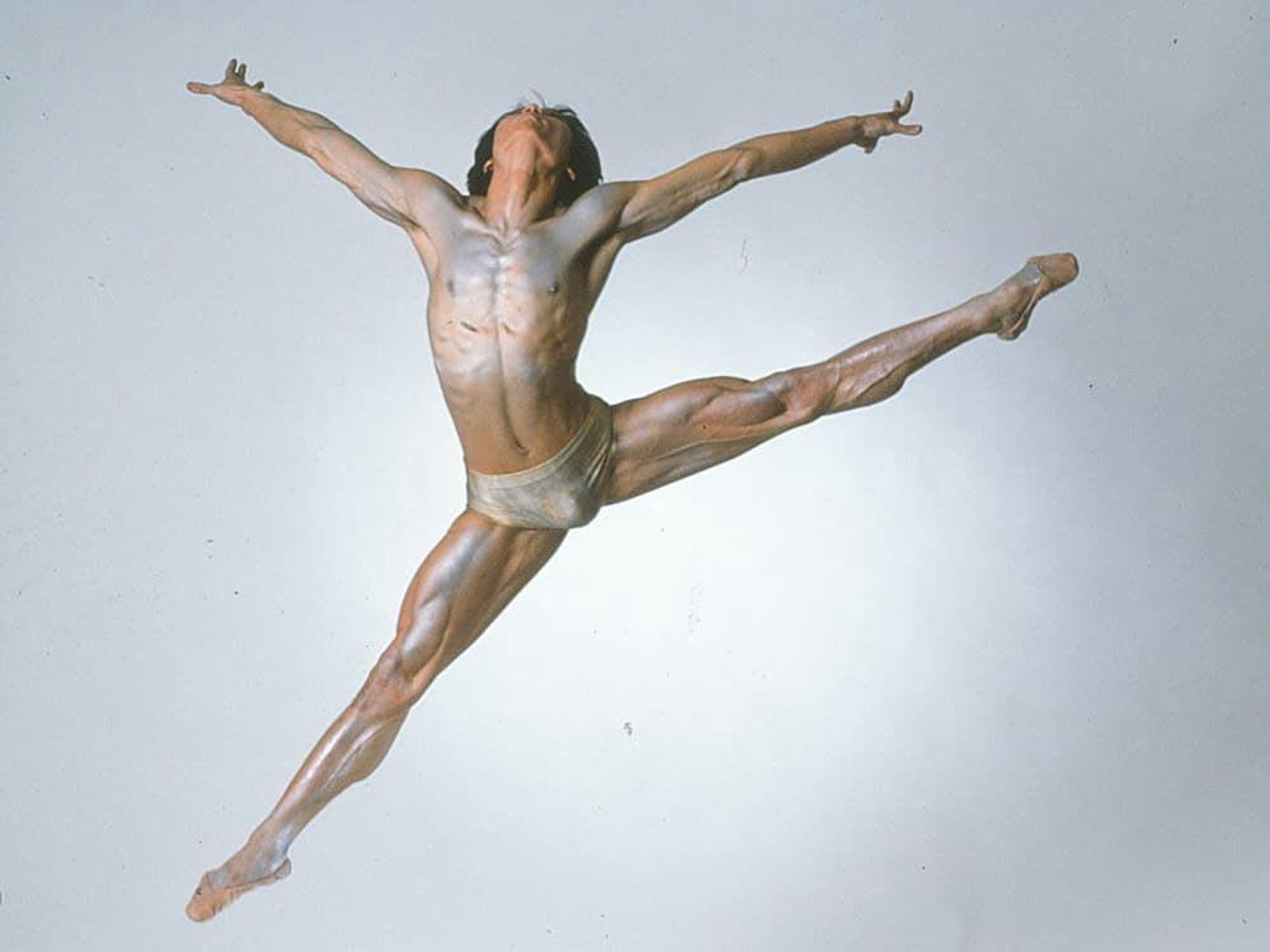
Editors Note: "Mao's Last Dancer," based on the autobiography by Li Cunxin, opens Friday at the River Oaks Theatre. Li recounts his amazing journey is this essay for CultureMap.
How could I have ever imagined that there would be a major film based on my life? Furthermore, how could it be even remotely possible for a poverty stricken Chinese boy to become a principal dancer of Houston Ballet and write an international bestselling autobiography one day? I don’t think people could dream such a thing, especially for that boy…
I was the sixth of seven peasant sons born into a loving family in Mao’s communist China. Times were tough and cruel around the time when I was born, over 35 million people died of starvation and disease throughout China between 1958 to 1961. My parents struggled to keep us all alive, but we all survived with their love, humor, hope and my father’s rather ancient fables. And those stories inspired rich imaginations in my heart and kept my dreams alive. One of them was to have an opportunity to get out of that poor life and go on to achieve something my father and forefathers couldn’t even dream of, whatever that opportunity might be.
Then, one day, something unbelievable happened, when Madam Mao’s cultural advisers from the Beijing Dance Academy came to my village school in the country searching for talents to study ballet. Amongst millions of children across China, I was one of 44 chosen. I was only 11 then.
Our days at the Academy were long and hard, from 5:30 in the morning to 9:30 at night, six days a week we practiced. Seven years of harsh training regime at the Academy taught me discipline, resilience and a good work ethic. During my graduation year in 1979, the artistic director of Houston Ballet, Ben Stevenson, came to my Academy as a guest teacher and discovered me. I soon became one of the first two cultural exchange students between China and America allowed under communist rule. It was a rare chance.
How would I describe my experiences in Houston? It was simply sublime!
America, this “filthy capitalist country” we were taught to despise under Mao’s propaganda turned out so differently from what I expected. I hardly spoke any English and I was in complete culture shock from the mind-boggling highways to countless cars; from sweltering summer heat to comfortable, sometimes freezing cold air-conditioning; from dishwashers to people collecting money from a little machine in the wall (ATMs). The most surprising of all, the friendliness of the American people and the freedom they enjoyed. It didn’t take long for me to make some wonderful friends, people such as Ben Stevenson, Betty Lou Bayless Carter, Preston Frazer and many dancers in Houston Ballet.
Under Ben Stevenson’s inspiration, my dancing career soared along with Houston Ballet. Then, I fell in love with a young dancer called Elizabeth Mackey and married her. Our marriage in 1981 caused a huge political storm, I was subsequently held against my will in the Chinese Consulate in Houston for over 21 hours. During the dramatic standoff between the Chinese government and me, Charles Foster, one of the brightest immigration lawyers, came to my rescue. With his courageous involvement and the help of then Vice President George Bush and Barbara Bush, I was eventually allowed to stay in America.
I danced the best part of my dancing career with Houston Ballet and loved every minute of it. Houston Ballet became my family, and Houston was my home for 16 years. However, the first eight years I was completely cut off from my beloved parents and six brothers in China because of my ‘defection.’ It was especially difficult because I constantly worried about them and their well-being. For my parents, they thought they had forever lost their sixth son. The emotional trauma we went through lasted many years and the heartache was indescribable. However, all good stories have a happy ending, I won’t tell you what happened to me and my family since, you just have to find out either by seeing the film or reading the book…
In 1995, I moved to Australia with my Australian born ballerina wife Mary McKendry. After final three years of dancing as a principal dancer with the Australian Ballet, I made a successful career transition from dance into the financial world. I’m a senior manager at one of the largest stockbrokering firms in Australia. These days, as a motivational speaker I travel around the world speaking to some of the world’s biggest companies and conferences.
Writing my autobiography, Mao’s Last Dancer, was a way to get in touch with my feelings about missing my family and China. I wrote it for my children, my parents and brothers as a way to share my life with them. I never imagined it would be a best seller and win awards. The book has been translated into 13 languages, I was especially thrilled the day my book was translated into Chinese so my family in China could read it.
But the writing was challenging, considering that I didn’t learn English until I was 18. The book was first published in 2003 in Australia and immediately hit the top 10 bestseller list and stayed there for over 24 months. It’s now in the 48th reprint and sold in over 20 countries.
Soon after the publication of my book, I was approached by Jan Sardi, the screenplay writer for the Academy Award winning film, Shine. He introduced me to Jane Scott, the producer of Shine. Even though I had rejected several approaches of movie projects in the past, I somehow felt different about Jan and Jane. I felt they would treat my story with due care and integrity. I was even more confident of a good film when Bruce Beresford, director of Driving Miss Daisy, agreed to direct it.
I was actively involved in assisting Jan Sardi with the screenplay, providing him with contacts and information he needed. Jan conducted a thorough research and traveled to China to meet my family, friends, teachers and colleagues at the Beijing Dance Academy. He also went to the U.S. to meet Ben Stevenson, Charles Foster, Elizabeth and others. The lucky thing is that Jan was able to meet people who had played an important part in my journey because most of them are still alive.
After nearly six years, the film finally had its debut at the prestigious Toronto International Film Festival. Mao's Last Dancer was runner-up amongst 240 films worldwide; second only to Precious produced by Oprah Winfrey. It went on to win further prestigious awards at other international film festivals. The film is already the 11th highest box office success in Australian film history.
Even though I was involved in different aspects of the film project, I didn’t know how it would finally unfold. Just knowing my life story would be displayed in such a public way was enough to make me feel sick. I was a total nervous wreck before I even walked into the cinema. But, I walked out with a big smile on my face.
Watching the film of my own life is truly surreal. I can honestly say that Bruce Beresford has made a beautiful film of my life, a film with sensitivity and integrity. Bruce is a master storyteller and had a poetic vision for every scene. He had to overcome many trials and tribulations during the filming in China. It's a miracle that it was completed because the whole production was in danger of being shut down due to permit problems.
They also dealt with the hardship of shipping people up to a mountain location and finding accommodations for everyone. It took 85 trucks to carry everyone, their possessions and film equipment. But in the end, it was worth it because the segments filmed in China are especially stunning. For my childhood village, he found an area outside Beijing in the mountains which was very picturesque. The village is shown during the harsh winter, covered with snow, and during spring with cherry blossoms blooming.
It really touched my heart and brought back many special memories of my childhood. I hope Houstonians will enjoy the film, it is after all, a story about one of your own sons. It happened right in your own city, a beautiful city that is. And it is a story of triumph of human spirit, a story of love, sacrifice and success.
